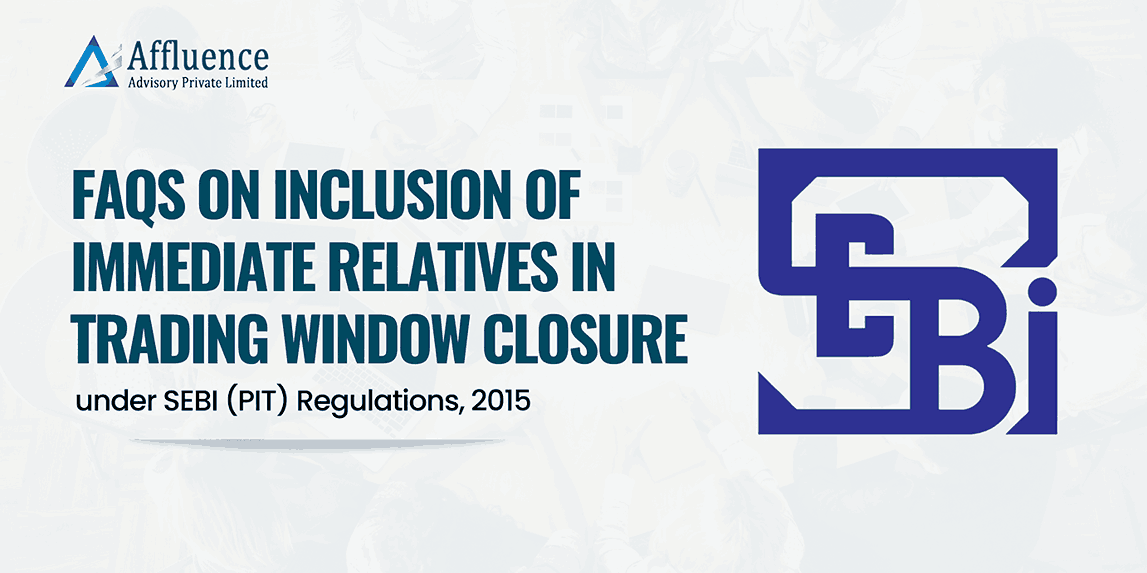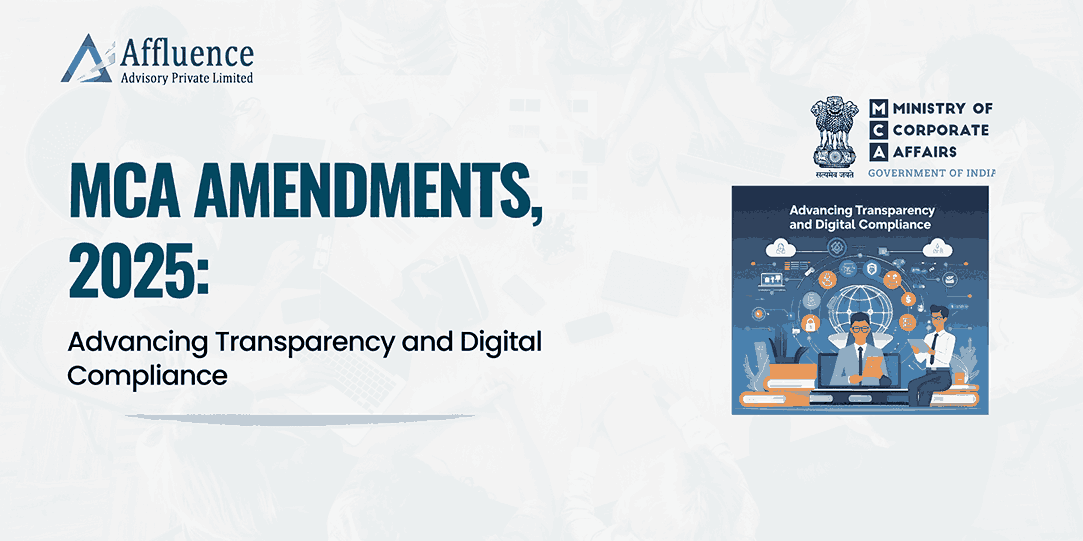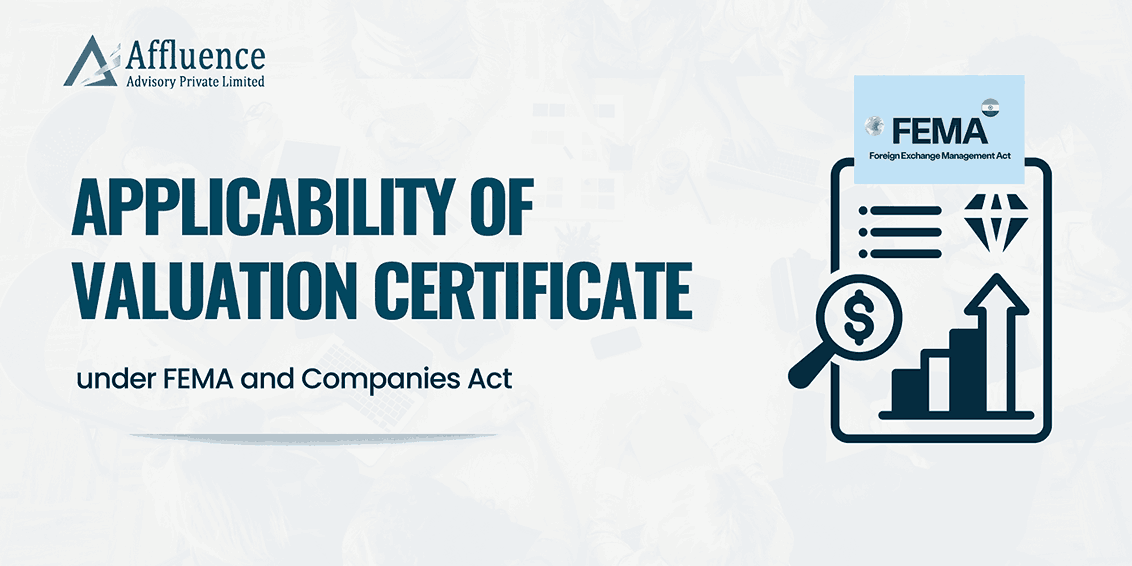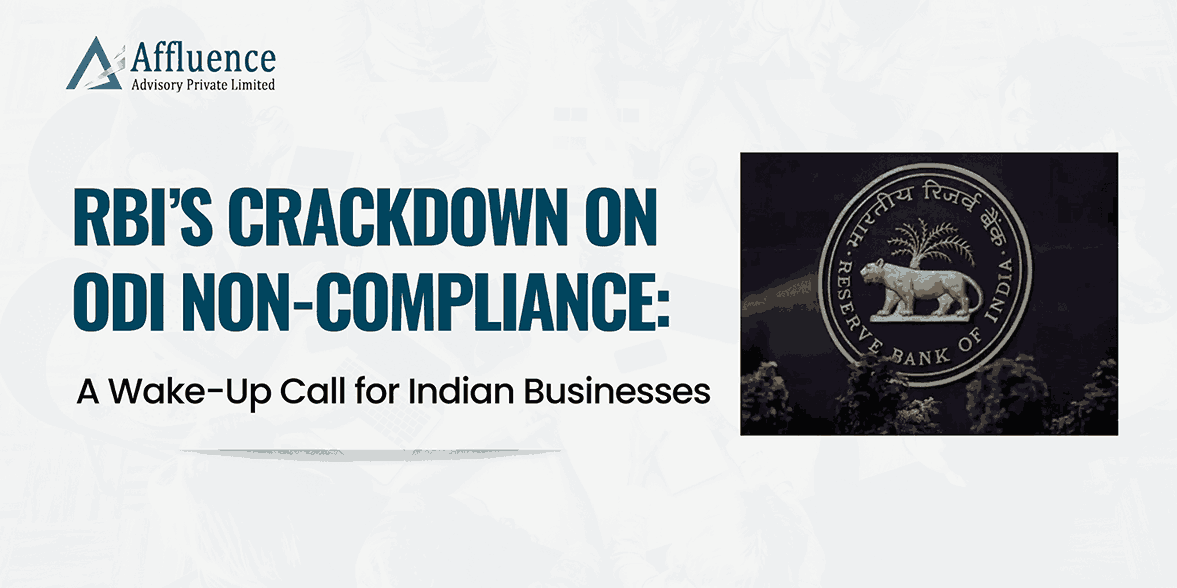- INTRODUCTION:
SECTION 8 COMPANY is a non-profit company formed and registered under section 8 of the Companies Act, 2013 specifically to promote social welfare, education, art, science, religion, charity, and other noble causes prioritizing social impact over financial gains. In simpler terms, it is a company formed for not-for-profit purposes.
Pros | Explanation |
Access to Tax Benefits: | They are exempt from paying income tax on their surplus income. Donations made to Section 8 Companies are eligible for tax deductions under Section 80G of the Income Tax Act |
Exemption from the use of the word “Limited” and “Private Limited” | It is not required to use the word "Limited" and “Private Limited” in their name, but they do need to use a suffix such as "Foundation," "Association," etc. to indicate their non-profit nature. |
Credibility and Trust | The Companies are perceived as trustworthy due to their non-profit nature and commitment to social causes Donors, volunteers, and stakeholders often trust these organizations more readily |
Zero Stamp Duty | They are exempted from paying any stamp duty on MOA and AOA, making the process of incorporation easier and cost-effective |
Eligible for Foreign Contribution | Section 8 Companies are eligible to receive overseas fund in donations provided they are registered under Foreign contribution Regulation Act |
Cons | Explanation |
Profit Distribution (Dividends) is not permissible | Section 8 Companies are prohibited from distributing dividends to their members |
Profit cannot be prime objective | The profit that the Section 8 Companies made is used to meet objectives like arts, commerce, and science. It cannot be used by the director or shareholders by any means. |
Prohibition on appointing a member as an officer | The members of the Section 8 Companies cannot be appointed as the officers. |
No Amendments in MOA and AOA | The members cannot make changes in the MOA and AOA of the company because the license is provided by the Central government |
- REQUIREMENTS FOR INCORPORATION OF SECTION 8 COMPANY:
An individual or an association of individual are eligible to be registered as Section 8 Company if the below mentioned documents and information are provided:
- Digital Signature Certificate of all Shareholders/Directors;
- Self-attested PAN of All Shareholders/Directors – Separately;
- Self-attested Aadhar Card of all Shareholders/Directors – Separately;
- Latest Bank Statement/ Telephone bill/ Mobile Bill/Electricity bill (Any one document in the name of the subscriber not older than 2 months);
- Passport/Driving License/Voter Id/Aadhar Card (Any One);
- Phone no of company;
- Email id of company;
- Registered office address proof (not older than 2 months) i.e. Telephone Bill/ Electricity Bill;
- Passport Size color photo and Phone and Email of all directors;
- Proposed Name of the company;
- Main Object of the company;
- No shares to be subscribed by each subscriber;
- Authorized Share Capital and Paid-up share capital;
- Estimate of Future annual income and expenditure of the Company for the next 3 years;
- Name of Bank in which current account to be opened;
- Declaration under form INC 15, from all the directors is included in INC-9; and
- Declaration under Form INC 14 by the Professional engaged in formation of the company is included in Spice + Form as a part of Declaration.
Note: Form INC-14 and INC-15 are omitted pursuant to amendments in Companies (Incorporation) Amendment Rules, 2023 effective from 23rd January 2023.
- APPLICABLE FORMS FOR INCORPORATION OF SECTION 8 COMPANIES
- SPICE+ Part A – Name Reservation
- SPICE+ Part B (INC-32) – Incorporation Application
- INC-13 – E-Memorandum of Association
- INC-31 – E-Article of Association
- INC-35 – Agile Pro
- INC-9 – Declaration by Directors/Subscribers
Note: INC-12 – Application for License for Section 8 Company has been merged in Form Spice + Part B itself
- STATUTORY OBLIGATION OF SECTION 8 COMPANY
- The revenue and surplus generated by the company from its business operations should be used only for achieving the objectives of the company
- Appointing a Company secretary is not mandatory for section 8 companies
- Section 8 company can conduct annual general meetings (AGM) at a short period notice.
- Without prior approval of the Central Government section 8 company cannot alter its Memorandum and Articles of Association.
- The income of section 8 company is completely tax free if the company has obtained 80G and 12A registration.
- Directors of the company can obtain positions in more than 20 companies.
- There is no minimum share capital requirement in section 8 company incorporation.
Also Read: Exemption to Section 8 Companies In Purview Of Companies Act 2013
- REVOCATION OF LICENSE BY CENTRAL GOVERNMENT
The Central Government may revoke the license granted to the company on following grounds:
- The company contravenes any of the requirements mentioned in the provisions of the Act;
- Objects of the Company are conducted in a fraudulent manner or prejudicial to the public interest; and
- The terms of the license is violated.
Where the license granted to a company registered under section 8 has been revoked, the company shall apply to the Registrar in Form No.INC.20 along with the fee to convert its status and change of name accordingly as directed by the Central Government
- PENALTY UNDER SECTION 8 COMPANIES
If any company under Section 8 Companies Act, 2013 fails to comply with the terms and regulations of Section 8, then according to the provisions of Sub-section (11), the Company shall be held punishable and have to pay:
A minimum fine of INR 10 Lakhs which can extend to INR 1 Crore.
The Concerned Director is punishable with a fine of minimum INR 25000. The fine can also extend to INR 25 Lakh.
- CONCLUSION
Section 8 Companies embody the spirit of social responsibility and entrepreneurship, helping to build a fairer and more prosperous society. As more people and organizations adopt this model, the landscape of social impact and corporate philanthropy in India can become even richer and more effective. Also it has got several exemptions in terms of tax and others.
Disclaimer: This article provides general information existing at the time of preparation and we take no responsibility to update it with the subsequent changes in the law. The article is intended as a news update and Affluence Advisory neither assumes nor accepts any responsibility for any loss arising to any person acting or refraining from acting as a result of any material contained in this article. It is recommended that professional advice be taken based on specific facts and circumstances. This article does not substitute the need to refer to the original pronouncement
CLICK HERE DOWNLOAD PDF











